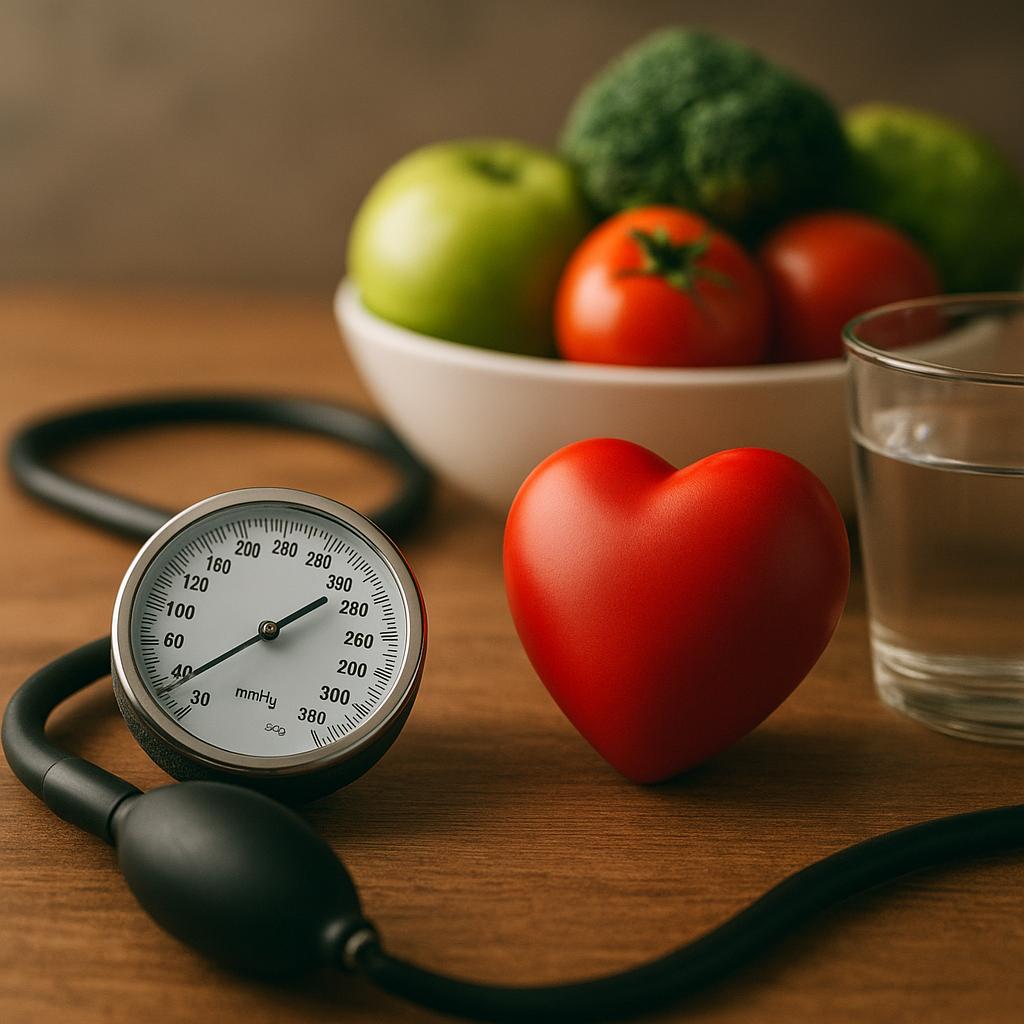How to Effectively Lower High Blood Pressure
High blood pressure, or hypertension, poses significant health risks. Understanding how to effectively lower blood pressure can lead to improved heart health and overall well-being. This article explores reliable methods for managing hypert
High blood pressure, or hypertension, poses significant health risks. Understanding how to effectively lower blood pressure can lead to improved heart health and overall well-being. This article explores reliable methods for managing hypertension.

Understanding High Blood Pressure
Hypertension develops when the force of blood against the artery walls is consistently too high. It is often referred to as a "silent killer" because it may not showcase noticeable symptoms until serious complications arise, such as heart attack or stroke.
Several factors contribute to the development of hypertension, including genetics, obesity, physical inactivity, poor diet, and excessive alcohol consumption. Recognizing and addressing these factors is crucial for safe blood pressure management.
Effective Strategies for Lowering Blood Pressure
Managing blood pressure effectively involves lifestyle adjustments, dietary changes, and, in some cases, medication. Here are some proven strategies to lower blood pressure:
1. Regular Exercise
Engaging in regular physical activity is one of the most effective ways to manage high blood pressure. A study indicated that just five minutes of exercise a day could significantly lower hypertension levels. Activities can range from brisk walking to cycling, and they promote better circulation and heart health.
2. Healthy Diet
The foods you consume play a vital role in controlling blood pressure. Following a balanced diet rich in fruits, vegetables, whole grains, and lean proteins can help lower hypertension. Some guidelines include:
- Reduce sodium intake: Aim for less than 2,300 milligrams of sodium per day.
- Incorporate potassium-rich foods: Bananas, potatoes, and spinach can help balance sodium levels.
- Limit saturated and trans fats: Opt for healthy fats, such as those found in olive oil and avocados.
3. Weight Management
Maintaining a healthy weight is essential for blood pressure control. Even modest weight loss can have a significant impact on blood pressure levels. Aiming for a Body Mass Index (BMI) in the normal range can reduce hypertension risk.
4. Stress Reduction
Chronic stress can lead to spikes in blood pressure. Employing relaxation techniques such as yoga, meditation, or deep breathing exercises can help manage stress effectively.
Practicing mindfulness and engaging in activities that promote relaxation can contribute positively to both mental and physical health.
5. Limit Alcohol Intake
Overindulgence in alcohol can elevate blood pressure levels. It is advisable to limit intake to no more than two drinks per day for men and one drink per day for women, as per health guidelines.
When to Seek Medical Advice
If lifestyle changes do not sufficiently lower blood pressure, it may be necessary to consult a healthcare professional. Prescription medications may be required to manage hypertension effectively. It's essential not to ignore persistent high blood pressure, as untreated hypertension poses serious health risks.
Conclusion
Lowering blood pressure is achievable through various lifestyle adjustments, dietary changes, and proper medical guidance. Individuals diagnosed with hypertension should prioritize these strategies to ensure better health outcomes and a reduced risk of cardiovascular issues. Regular check-ups with healthcare providers are vital for monitoring blood pressure and overall health.
Related video
For more information on managing high blood pressure, watch this video.
Related videos: